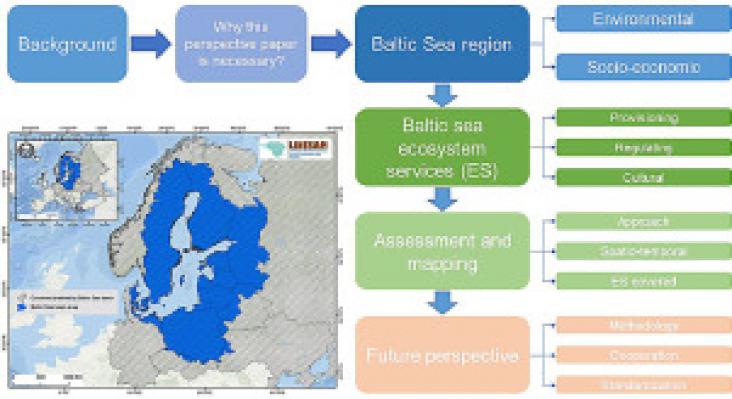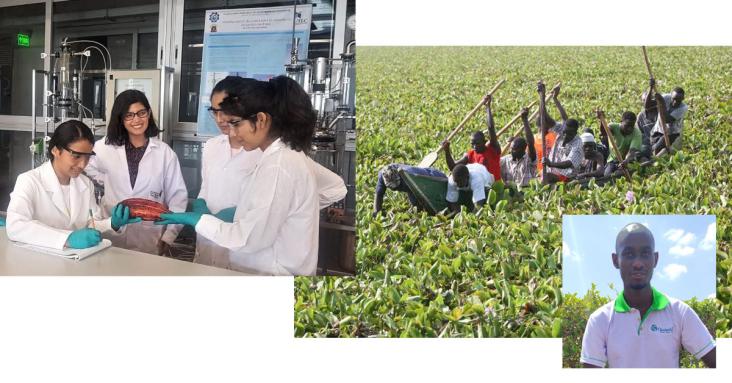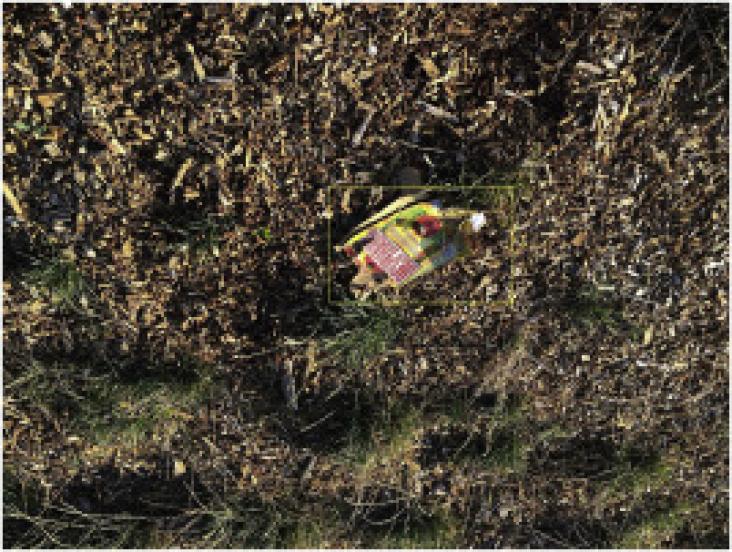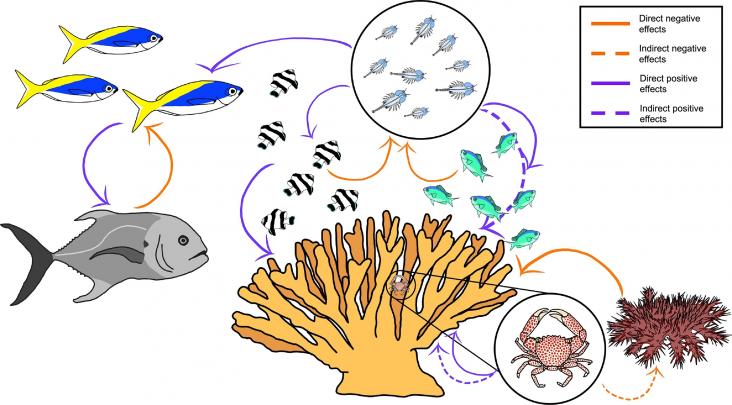
Agricultural pesticides represent a significant class of endocrine-disrupting chemicals (EDCs) to which non-target organisms around the world are constantly exposed.

The Baltic Sea is essential for marine ecosystem services (MES) provision and the region's socio-economic dynamics. It is considered one of the busiest and most polluted regional seas in Europe.
Restoration thinking provides a new paradigm for charting a bold future that prevents further loss of biodiversity and habitat destruction, avoids catastrophic climate change, and promotes the well
Technology can be used to target hotspots of marine plastic pollution. The Inventory is a tool to identify plastic pollution prevention and cleanup technologies.

This article highlights the winning proposals of the fifth edition of the Elsevier Foundation Green & Sustainable Chemistry Challenge. The winning proposals were chosen for their innovative green chemistry aspects and their large positive impact on the environment, contributing to SDGs 7, 8, 10, 12, 13, 14 and 15.

In 2018, Dr. Alessio Adamiano, a researcher for the Italian National Research Council at the Institute of Science and Technology for Ceramic Materials, was awarded the second prize of €25,000. Contributing to SDGs 2, 13 and 14, his project, “Phos-Fate: Empowering fishing communities for climate change”, demonstrated how phosphorous can be recycled in a simple, scalable way by converting fish bones into products such as fertilizers. Two years later, we interviewed Dr. Adamiano about his experience at the Challenge, as well as the upcoming steps for his project empowering fishing communities for climate change.
Elsevier,
Comparative Biochemistry and Physiology Part - C: Toxicology and Pharmacology, Volume 235, September 2020
This article advances SDG # 15 and # 14 by looking at the potential adverse effects relatively high total mercury concentration has on the developing fetus of Steller sea lions.

Water pollution is one of the serious threats in the society. More than 8 million tons of plastic are dumped in the oceans each year.
A good paper to highlight plastic pollution in the marine ecosystem in order to make people aware of a plastic-free, healthy blue ocean in the near future.

